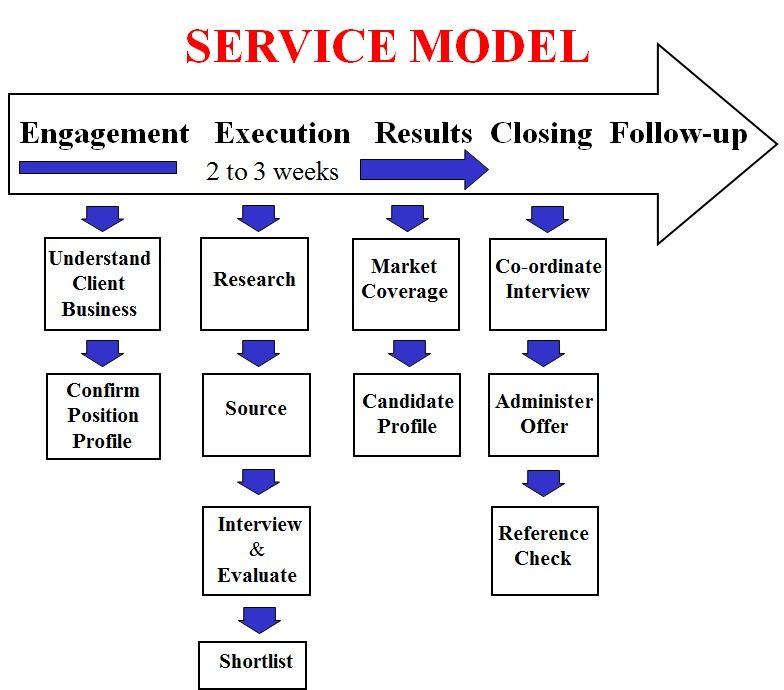How to Retain High Performers
By Ron Elsdon
Despite the economic slowdown, voluntary employee turnover — coupled with retention of valued workers — remain critical issues. This is a marked contrast to previous downturns. Layoffs can cause significant upheaval within an organization, prompting even the most valued employees to be uncertain about their futures.
There are two types of employee turnover: unavoidable and avoidable. Unavoidable turnover results from life decisions that extend beyond an employer's control, such as a decision to move to a new area or a job transfer for a spouse. Avoidable turnover is something organizations can take certain steps to prevent by hiring, evaluating and motivating their employees more effectively.
Employers today should focus on preserving their top talent and reducing turnover rates by taking proactive measures before it is too late. Here are ten strategies to select, motivate, and keep high-performance individuals:
1. Hire the Right Person — Most voluntary turnover is due to issues of "chemistry" or "fit" within an organization. Employers are quickly adopting the strategy of "hire for fit, train for skill." By doing a thorough analysis of the success factors required for a position, you'll be better prepared to conduct a behavioral-based interview process.
2. Integrate for Success — The first few weeks of employment are the m ost critical time to lay the groundwork for long-term employee commitment. Turnover can be cut dramatically by implementing a thorough, well-executed orientation program. Demonstrating employer commitment to a new hire's success early on fosters trust and commitment from the employee in the organization.
ost critical time to lay the groundwork for long-term employee commitment. Turnover can be cut dramatically by implementing a thorough, well-executed orientation program. Demonstrating employer commitment to a new hire's success early on fosters trust and commitment from the employee in the organization.
 ost critical time to lay the groundwork for long-term employee commitment. Turnover can be cut dramatically by implementing a thorough, well-executed orientation program. Demonstrating employer commitment to a new hire's success early on fosters trust and commitment from the employee in the organization.
ost critical time to lay the groundwork for long-term employee commitment. Turnover can be cut dramatically by implementing a thorough, well-executed orientation program. Demonstrating employer commitment to a new hire's success early on fosters trust and commitment from the employee in the organization.3. Phase in Training — Rather than throw a new employee into several weeks of job-specific training right away, provide them with basic training at the outset. As they build experience and time with the company, you can then offer further training in recognition of their growth.
4. Provide Growth Opportunities — The irony of retaining good people is that the more they feel they are able to grow and become more marketable, the more likely they are to stay. Employees are taking ownership of their careers and recognize the need to continuously refine and upgrade their skills. The more easily accessible and relevant training you can offer, the greater the likelihood that turnover rates will decline.
5. Align Aspirations with Contributions — Try to match the skills and interests of your employees with their work assignments. Do employees seem interested or best suited to what they're doing? Provide an environment where employees can make the necessary adjustments to ensure that they are effectively aligned with what the company needs them to do and what they are best at and enjoy doing.
6. Motivate the Troops — Assess the underlying motivators for work beyond the paycheck. High-tech employees are often motivated when recognized for their unique skill-sets, whereas a service organization is more likely to have employees excited about helping others. Check your assumptions, and then design strategies to reinforce what matters most.
A key factor in motivating employees is creating a sense affiliation within the organization, which means having a two-way relationship based on meeting mutual needs. A recent study DBM conducted with over 400 companies across the US, revealed that creating an inspiring vision — motivating employees to feel a strong sense of purpose in their organization — is critical to building a sense of affiliation for employees with their organizations. The stronger the affiliation, the higher the level of productivity (and incidentally the retention rate).
7. Make Rewards Count — Rewards should be immediate, appropriate, and personal. Receiving a bonus check at the end of the year may mean less than smaller, more frequent payouts. A personal note means more than a generic company award. You may want to survey employees for their input on desired forms of recognition, then use the findings when it comes time to reward employees.
8. Enlist Problem Solvers — When possible, invite employees to help solve company problems. Rather than stating the problem from a corporate perspective and implementing a solution, discuss the consequences of the problem with employees and enlist their aid in helping to solve it. This shared approach creates deep ownership for employees in the company's success.
9. Practice What You Preach — People do not necessarily commit to "an organization;" they commit to the employees and culture that drive the organization. Employees are most content when they are able to become an integral part of their work community. Establish your corporate values, and then make sure you walk the talk.
10. Sweat the Exit Interview — Knowing why employees leave an organization is instrumental in understanding turnover rates. Exit interviews should be conducted either in person or on the telephone by an independent third-party interviewer, who is skilled in exploring sensitive issues. Tracking reasons for departures may uncover patterns that, when addressed, help stem further turnover.
 The costs associated with losing an employee are well-documented, ranging anywhere from one to five times salary depending on exempt versus non-exempt status. Beyond the obvious costs of recruiting and training new employees are the many hidden consequences of employee turnover, which include lost productivity, reduced morale, lost intellectual capital and, perhaps worst of all, lost business. Don't make the mistake of ignoring the reasons for turnover in your organization.
The costs associated with losing an employee are well-documented, ranging anywhere from one to five times salary depending on exempt versus non-exempt status. Beyond the obvious costs of recruiting and training new employees are the many hidden consequences of employee turnover, which include lost productivity, reduced morale, lost intellectual capital and, perhaps worst of all, lost business. Don't make the mistake of ignoring the reasons for turnover in your organization."Show me the money" is not the only mantra of today's worker, and organizations must recognize that and adapt their retention strategies accordingly.







